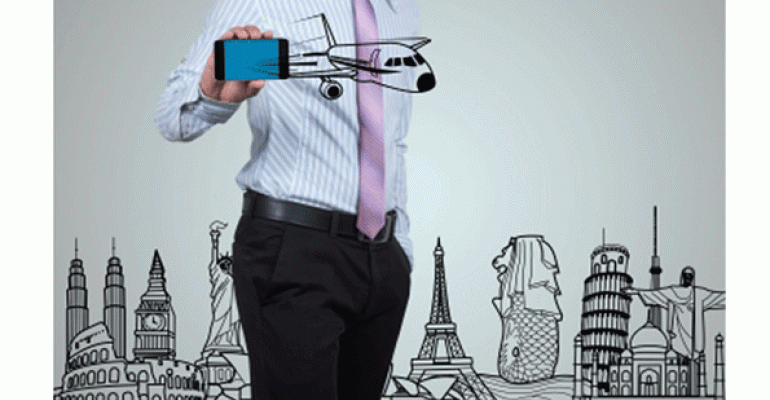
You put a lot of time and effort into finding the right property at the right rate for your meetings' goals and objectives. Could all your hard work be undermined by some bad reviews on TripAdvisor or any of the other myriad hotel review sites? And just how accurate are those reviews, anyway?
It appears that it would depend on whom you ask. According to a study PhocusWright did for TripAdvisor, 53 percent of those asked said they wouldn't book a hotel that had no reviews on the site, and a whopping 87 percent said that reviews helped them feel more confident that they were making the right decisions. Even more interestingly, 98 percent said they thought TripAdvisor reviews were accurate. (Caveat: Since those surveyed were answering a pop-up on TripAdvisor, they obviously were already users of the site and so may be a bit more enthusiastic about it than those who hadn't used it/don't usually consult a hotel review site. Also, the findings may just apply to TripAdvisor, which is one of the best-known and most-used review sites.)
Three-quarters said they didn't just go to gripe—they tend to share positive experiences and feel good about doing so. Sixty percent said they ignored the extreme reviews, and the majority also took the credibility of the reviewer into account.
And, heads-up hoteliers, how the property responds to reviews makes a big difference. Fifty-seven percent said that seeing hotel managers respond to reviews makes them more likely to book, and 84 percent said that an appropriate management response to a bad review improves their impression of the hotel. Those responses made most feel the hotel management care about their guest experiences, but responsiveness can backfire if it's defensive or aggressive and make them less likely to book that hotel.
OK, so hotel review sites, or at least TripAdvisor, sound pretty important to a lot of your potential attendees, especially if they're frequent travelers who use the site a lot. Or are they?
The Other Side: Review Sites Are Innaccurate, Negative, and Non-representative
But another study says, meh, not so much. This one, conducted by Market Metrix, found these review sites generally are pretty inaccurate when compared to guest surveys. According to a press release, "There were nearly 300 percent more negative responses (one- and two-star ratings) when compared to survey research, and positive responses (five-star ratings) were under-represented by 35 percent." So maybe all those nice people who answered the TripAdvisor survey were the outliers? But if that's the case, then why did the Market Metrix study also mention that anywhere from 15 percent to 40 percent of all reviews were fake reviews/promotions solicited and paid for by hotels? One would presume they were paying for positives, right? I find this one hard to believe.
Not so much the other two main points of this study, which were that the total number of reviews per property tend to be pretty low and so wouldn't provide enough data points to be meaningful, and that only 56 percent of Americans participate in social media (and just 20 percent of those over 50 years old, another number I have a hard time believing). So the reviewers tend to skew toward younger folks, whose wants and needs may differ from those of your meetings' demographics.
Some Takeaways for Meeting Managers
-
Check to see that your headquarters hotel (and ancillaries, if you have a multi-property meeting) have reviews, preferably before you reserve your block.
-
If they have reviews, are most them positive? Are the negatives easy to dismiss as outliers, or does it look like there are real problems?
-
If there are negative reviews, how has the property management responded—defensively or constructively and respectfully?
-
If there are a lot of negatives and your contract has already been signed, do you have a plan to handle how you'll approach this with your attendees? Do you get proactive and ask the hotel to respond positively on the site (if they haven't already) so attendees will get that warm fuzzy from knowing any concerns will be handled?
- And last, but probably most importantly, do you know if your attendees use these sites? Are they social media hounds or Luddites? If the latter, this probably isn't a big deal for you, but I would still stay on top of it, because the number of technophobes will continue to fall as more people get comfortable with social media. It's here to stay, so sooner or later, you will have to deal with it. After all, there are already north of 75 million reviews just on TripAdvisor, and Yelp, another popular review site, already has more than 30 million reviews.
Thanks to Renée Frojo, a reporter for the San Francisco Business Times, for pointers to these studies in this post.



